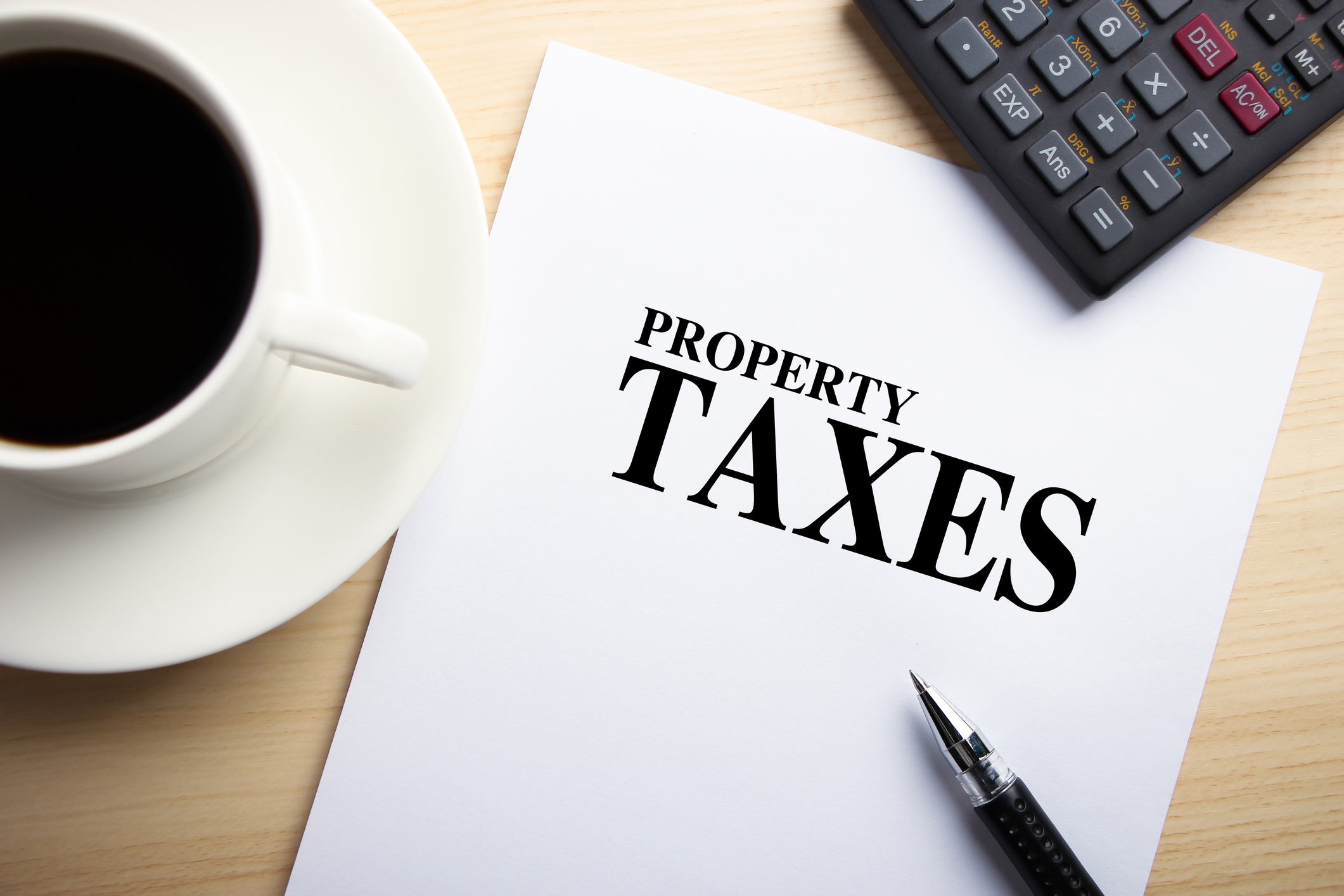Primer on Tax Sale Certificates
Many people are in the dark when it comes to tax sales, including many lawyers. Because municipal governments depend upon real estate taxes and other related assessments as their primary source of revenue, when those taxes remain unpaid for a period of time, the municipality is granted a continuous lien on the land for the delinquent amount, as well as for all subsequent taxes, interest, penalties, and costs of collection. The Tax Sale Law simply provides a stream of revenue for the municipality by encouraging the purchase of tax certificates on tax-dormant properties. New Jersey requires all 566 municipalities to hold at least one tax sale per year provided the municipality has delinquent property taxes and/or municipal charges.
At a tax sale, bidders bid in at a public auction in order to acquire the tax sale certificate. A tax sale certificate validates the amount of unpaid taxes and assessments on the property described in the certificate. Bids begin with 18% yearly interest payable on the certificate up for auction; however, bidders eager to acquire the certificate on a given property may bid down the interest rate that will be paid by the owner for continuing interest on the certificate amount from 18% to 1%. If interest is bid down to 1%, then a premium is bid starting at $0. The premium paid by the successful bidder is kept on deposit with the municipality for up to five years. If the tax sale certificate is not redeemed, or the property foreclosed on within the five year period, the premium goes to the municipality. Note that no interest accrues on the premium to the benefit of the buyer of the tax sale certificate.
At the time of the sale, the winning bidder must pay to the municipality the taxes and interest due to date. The winning bidder then receives the tax sale certificate. The holder of the certificate should then immediately record the certificate with the County Clerk, much the same way a deed or mortgage is recorded, so as to protect its interest in the certificate. If the certificate is redeemed by the property owner prior to foreclosure, the certificate earns a redemption penalty. On liens over $200, a penalty of 2% is added to the certificate, liens over $5,000 bring a 4% penalty and on liens over $10,000, a 6% penalty is added, regardless of the interest bid.
The owner of a tax sale certificate need not pay any subsequent taxes or charges on the property; however, it is in the certificate holder’s best interest to do so, especially if the certificate holder is earning low interest or paid a premium. The more the certificate holder pays the more interest the holder earns. In addition, any subsequent certificate issued will be paramount to any prior certificate.
After two years, the certificate holder may commence foreclosure proceedings.
Investing in tax sale certificates can be tricky business. If you have any questions about the legal aspects of tax sale certificates, including foreclosure, you should consult with an attorney versed in this area of the law.


